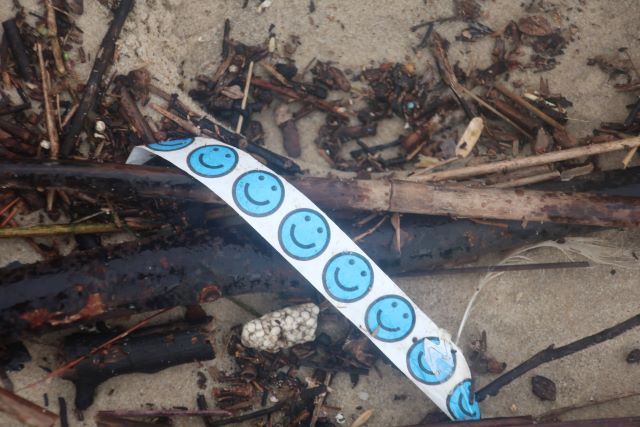
Littered plastic at Westgate Punt
The tide line on the river beach at the Westgate Punt pontoon is a mess of natural material and fragments of plastic. The inseparable mix settles in the spaces between the rocks lining the Yarra River bank. Polystyrene dominates – from eroded chunks to individual balls.
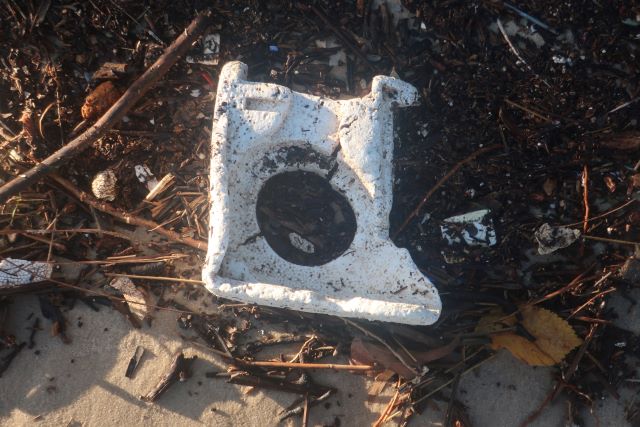
This place reminds me of an important conversation I had here with then skipper of the Westgate Punt, Michael Guthrie, for Plastic Free July in 2015.
What’s happened with plastic waste in the eight years since then?
In 2018, the Chinese government, through Operation National Sword, imposed a very high contamination threshold for imported plastic waste. It effectively amounted to a ban, since it required a quality standard which Australia was not able to meet.
In November 2022, Australia joined the High Ambition Coalition to End Plastic Pollution Coalition by 2040. Negotiations are underway to bring in a globally binding treaty on all phases of the life cycle of plastic by 2024. Plastic production is set to double by 2040. 40% of plastics are destined to be used only once. It is not possible, if ever it was, for the environment to accommodate this increase. Many countries do not have effective waste management systems.
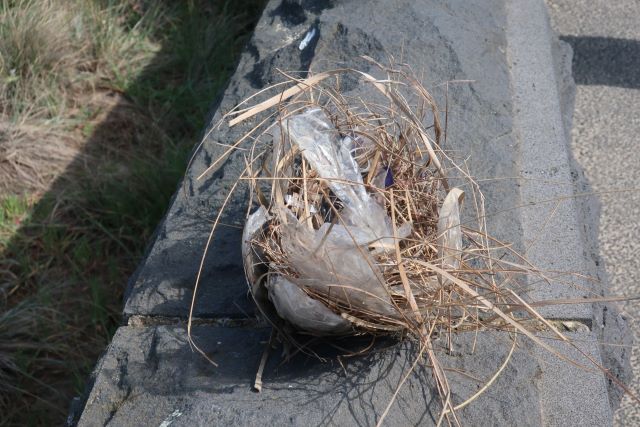
In November 2019, the Victorian Government banned light weight single use plastic bags.
In February 2023, the Victorian Government banned many single use plastic items including plastic drinking straws, cutlery and plates.
In July 2023, Coles stopped selling soft plastic bags reminding shoppers that the most sustainable bag is the one your bring from home and re-use again and again. Coles says that the change will remove 230 million plastic bags from circulation in 1 year.
These are significant changes that have come about through sustained advocacy over many years.
Our out of sight, out of mind approach to plastic waste disposal has not served Australia well. We have lost decades in building the infrastructure we need to genuinely recycle plastic. As in the race to reduce greenhouse gas emissions, the lost, wasted, years mean that now all efforts have to be accelerated in shorter time frames.
The circular economy is a powerful, necessary and important goal. There are many exciting circular economy initiatives underway but they are dwarfed by the scale of the monumental task of managing our waste. There is so much ground to make up and we are starting from such a low base, that it will be some time, decades, before a circular economy is achieved. In the meantime, Ross Headifen argues, there is a valid and important role for landfill biodegradable plastics1.
The next milestone will be the introduction of the Container Deposit Scheme (CDS) in Victoria on 1st November. A 10c refund will apply to every eligible returned container. The 10c will be included in the price, so if you want your money back, you’d best return the container. The CDS will be overseen by VicReturn, and Return-It will be the Network Operator for Port Phillip, which is part of the South East Metropolitan Melbourne and Gippsland region.
No solution is currently proposed for polystyrene, found by the Yarra Riverkeeper Association to be ‘the most prevalent and pervasive’ littered item in our waterways. Polystyrene is poorly managed where it is manufactured, on building sites and from commercial and domestic sources. Recycling facilities for polystyrene are sparse.
Rain and wind drive carelessly discarded plastic items into our waterways. Each month, members of the growing network of Beach Patrol and Love our Streets groups head out to pick up litter. Their careful data collection over many years will reveal how well the CDS, for which they campaigned for many years, is working.
Recommending reading: the High Ambition Coalition Joint Ministerial Statement for further information
Yarra Riverkeeper Association Polystyrene Report
Ross Headifen How do landfill-biodegradable plastics work?

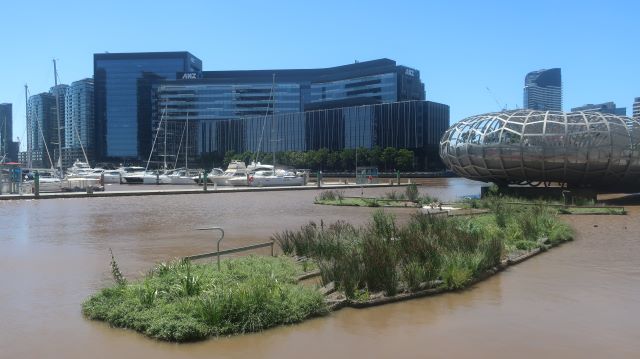
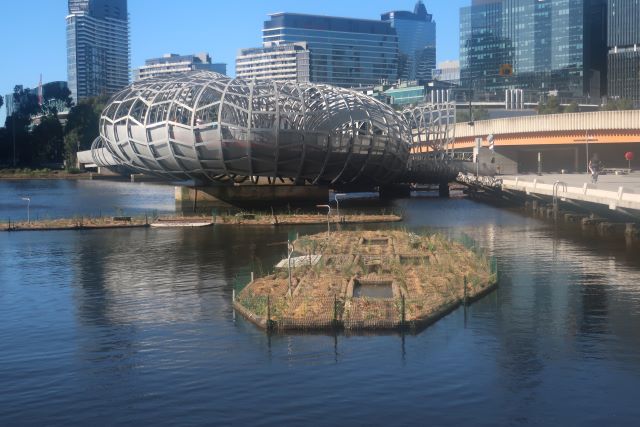
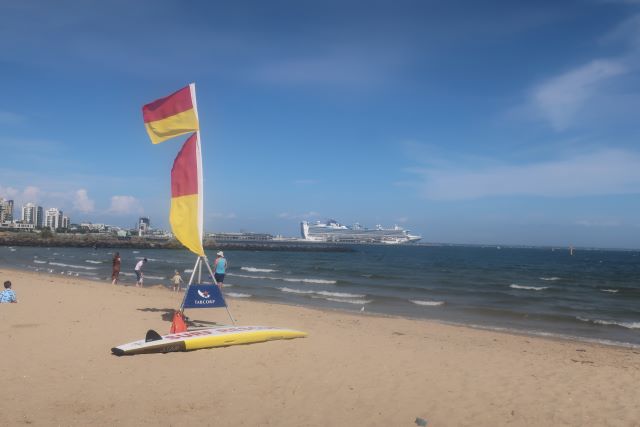
Leave a Reply